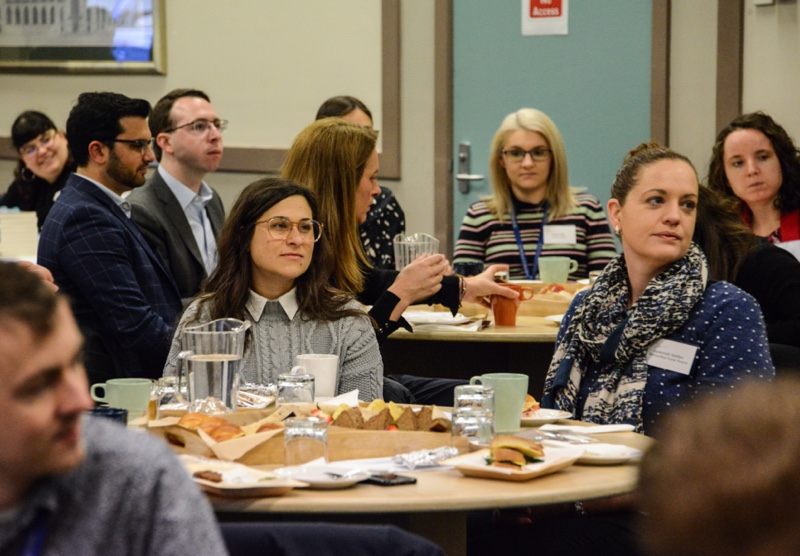Socially inclusive communities are the cornerstone of a vibrant, thriving society. Good access to public transport, open space, utilities, schools, churches, community amenities, social services and recreation facilities are important elements that build thriving communities. There are, however, some rural and regional communities in Victorian that experience more disadvantage than others; where there are high levels of unemployment, lack of affordable and safe housing, low educational attainment, and poor-quality infrastructure and services.
Building on long standing engagement and consultation work conducted in Warrnambool in 2019, Catholic Social Services Victoria (CSSV), the peak body for Catholic social services across the State, has released a report, which outlines the social service and infrastructure needs of rural and regional communities living in Warrnambool and surrounding areas.
The report reflects the experience of people working in their local communities with individuals and groups who face isolation and disadvantage; circumstances that have been further exacerbated by the devastating impact of COVID-19.
According to Tony Fitzgerald, CEO of Centacare, Catholic Diocese of Ballarat, which provides services across the Catholic Diocese of Ballarat in the southwest and west of Victoria including the Wimmera and Mallee regions, “the report outlines that lack of housing is the biggest single issue facing the region. The low level of pensions and benefits, increasing debt, unaffordable rent levels and relationship breakdown has resulted in increasing numbers of people in housing stress and seeking housing and homelessness assistance.
“Furthermore, the cost of living pressure has increased the number of requests for assistance and emergency relief. Community meals and breakfast clubs are provided every day of the week by a range of service and community clubs, churches and schools across Warrnambool.”
The report highlights that mental health is a significant factor for many people seeking assistance. There are few psychosocial mental health programs and people have to leave the region to receive ongoing mental health and specialist treatment. Long distances required for travel, plus the ongoing high costs of having a car, or using public transport further limits the ability of people to access health and specialist treatment.
“More than ever, communities in the Warrnambool area need particular assistance. For those facing significant disadvantage in the region, improving infrastructure would help to improve access to important housing, transport, health, welfare, education and employment services and opportunities,” said Mr Fitzgerald.
“Centacare Ballarat in conjunction with the Catholic community are working hard to address needs in the region, but there is more that could be done, if given the resources.”
The report outlines a number of practical recommendations, which have been submitted to Infrastructure Victoria to assist in the development of their 2020 update to the state’s 30-Year Infrastructure Strategy. These recommendations include the need to improve public transport, resourcing for social services and mental health services, and reducing homelessness and housing stress. Digital access and literacy must be improved to increase community connections, particularly for older people and those who are socially isolated.
Joshua Lourensz, Executive Director of Catholic Social Services Victoria says, “communities experiencing persistent disadvantage, need long-term and place-based solutions that address the underlying causes of disadvantage”.
“This includes using a strengths-based approach that recognises and harnesses the strengths of the local community and engages the community in the planning and development of solutions to address disadvantage. Collaboration and the ability to be flexible are key to providing responsive and appropriate outreach services to rural and remote families. Importantly, infrastructure plays a vital role in facilitating access, engagement, connections and connectively in our communities.
“Given the ongoing economic impact of COVID-19, a substantial amount of ongoing unemployment, disadvantage and general economic recession is possible. Therefore, this is a timely opportunity for the Government to invest in necessary infrastructure improvement in the region. Catholic social services and the broader Catholic community will continue to work together with Government to address the issues of the region and will also continue to advocate for positive systemic change in a way that respects each person’s dignity and preciousness, which are central to our tradition”.
Download Media Release, here.
Media enquiries – Josh Lourensz, 0402 932 281 or joshua.lourensz@css.org.au

Join our mailing list
Keep up to date with latest news, information and upcoming events.
We respect your privacy, as outlined in our privacy policy.